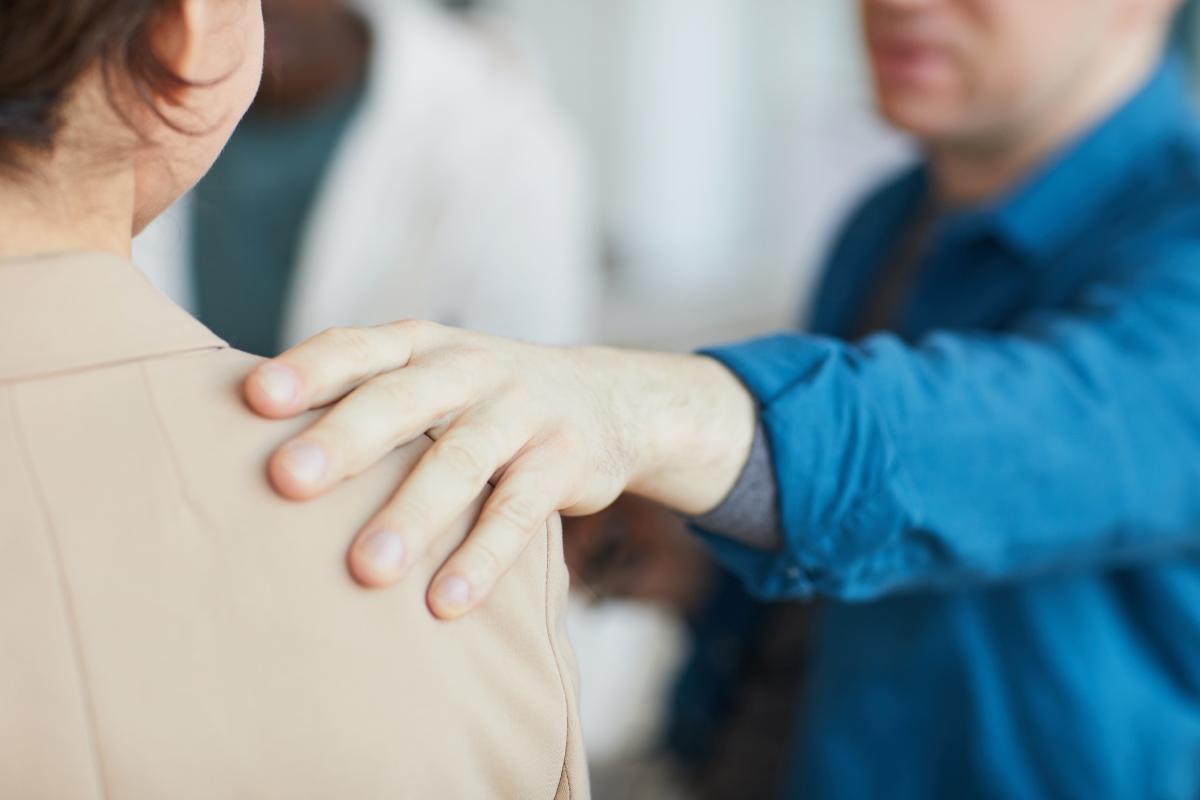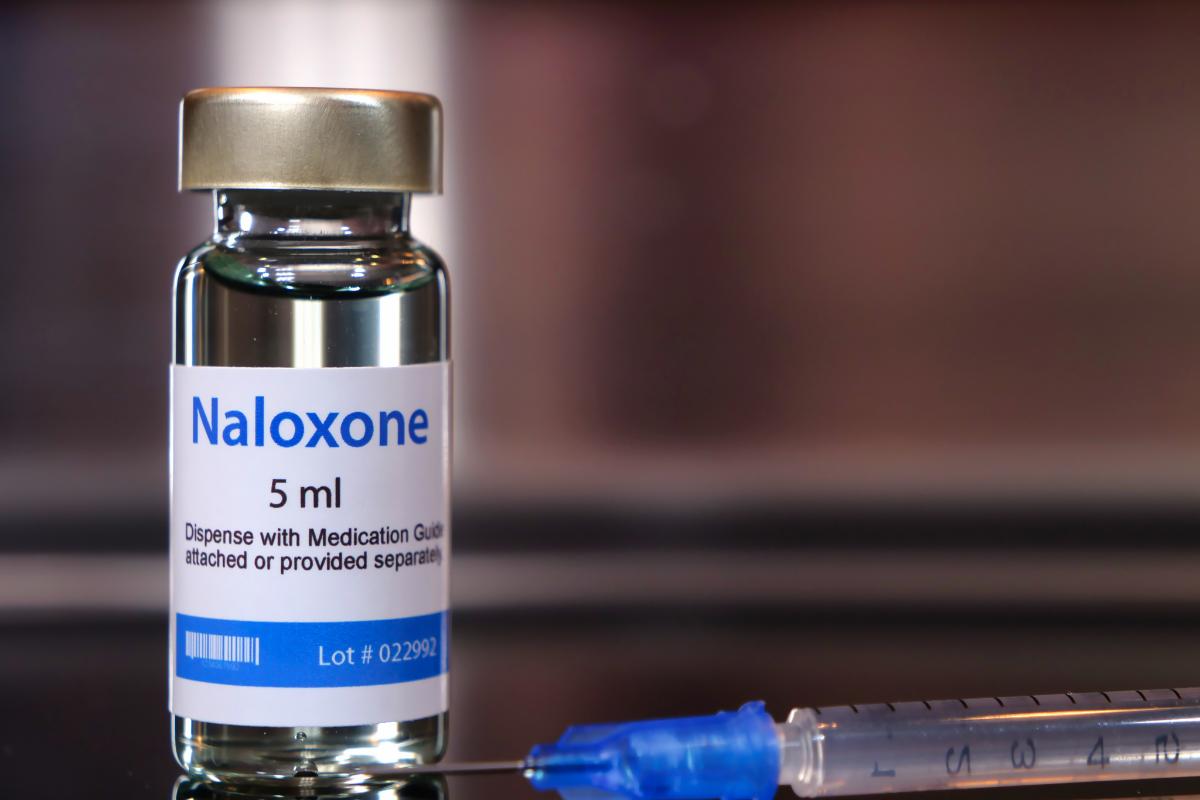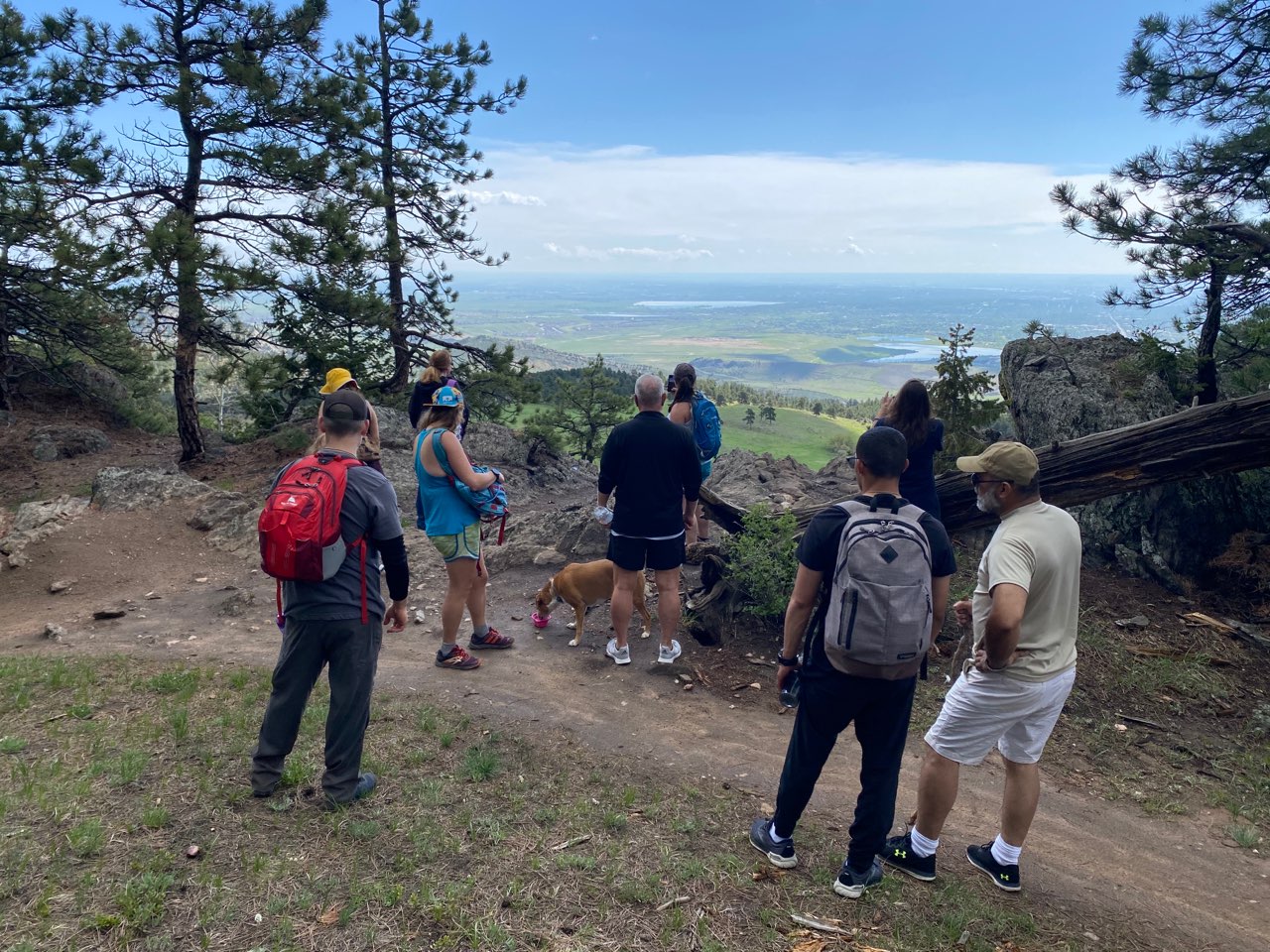One of the main reasons people do not seek out addiction treatment is because they think they have everything under control. It is only after an accident or significant loss that they realize they have a problem. Individual therapy for addiction can help you better understand your addiction and how you can avoid future triggers and cravings.
At Colorado Medication Assisted Recovery, our individual therapy programs can help with addiction recovery through our flexible outpatient and telehealth services and behavioral therapy that will give you your best chances at recovery. If you or a loved one is ready to get control of their addiction, call 833.448.0127 today to learn more about our addiction therapy programs.
Why Individual Therapy Is Beneficial for Addiction Recovery
The main goal of individual therapy for addiction is to better understand how your addiction has changed your thought processes and chemical makeup to where you need the substance to function. Through multiple therapy sessions, you will begin to see where your addiction stems from and create healthy coping skills that will keep your cravings at bay.
Motivational Interviewing
Motivational interviewing is a form of therapy where the therapist walks you through understanding your addiction and recognizing the whys and hows behind it. Instead of being told what’s happening, you discover the reasons through support and encouragement from the therapist, creating a stronger belief in your ability to recover.
Cognitive-Behavioral Therapy (CBT)
CBT can help individuals recognize their negative thoughts and behaviors and how they are driving their addiction in a never-ending loop. This bad habit started a long time ago, and with the help of your therapist, you can learn how to break your bad habit and create new ones that don’t have you reaching for your substance of choice.
Dialectical Behavior Therapy (DBT)
DBT focuses on changing the individual’s behavior and their home life to make sobriety easier for them. It teaches them several new skills to help manage emotions, create a sense of mindfulness, and help improve broken relationships due to their addiction.
At Colorado Medication Assisted Recovery, our addiction treatment therapies include motivational interviewing, CBT, DBT, and many more options, including:
- Group therapy
- Family counseling
- Neurofeedback therapy
- Case management
- Peer support
We want to help you in the best way possible. As you progress through your therapy, your therapists will continuously update your treatment to ensure positive results.
When It’s Time for an Individual Therapy Program
If you think you are using addictive substances without causing harm to yourself or others, that can be a sign of addiction and dependency. There are several signs to help you recognize that you are not as functional as you might think:
- You are using more to reach the same high
- Work and school performance suffers
- Withdrawing from your friends and family
- Poor sleep
- Intense cravings that you cannot ignore
If you are struggling with any of these signs, it is time to call Colorado Medication Assisted Recovery to help with your addiction treatment.
Addiction Treatment Therapies for Your Recovery at CMAR
Understanding that you need help is just the first step toward recovery. Colorado Medication Assisted Recovery can help you with the second, third, and continuing steps with our addiction treatment therapies and medication-assisted therapy if necessary.
When you come in for your evaluation, one of our therapists will sit down with you, go over your motivation behind your recovery, and determine the best course of action for your addiction treatment. We have flexible treatment options available, including outpatient and telehealth services for those who cannot take time off of work.
When you are serious about your addiction recovery or know someone who can benefit from our programs, call 833.448.0127 today to learn more about our addiction therapy programs and how they can help you toward a sober life.





 For those in recovery from addiction, finding new healthy hobbies should be a priority. Addiction can cause physical and mental health issues that different activities can help participants recover from. Additionally, addiction can be isolating. Those who are
For those in recovery from addiction, finding new healthy hobbies should be a priority. Addiction can cause physical and mental health issues that different activities can help participants recover from. Additionally, addiction can be isolating. Those who are 
















